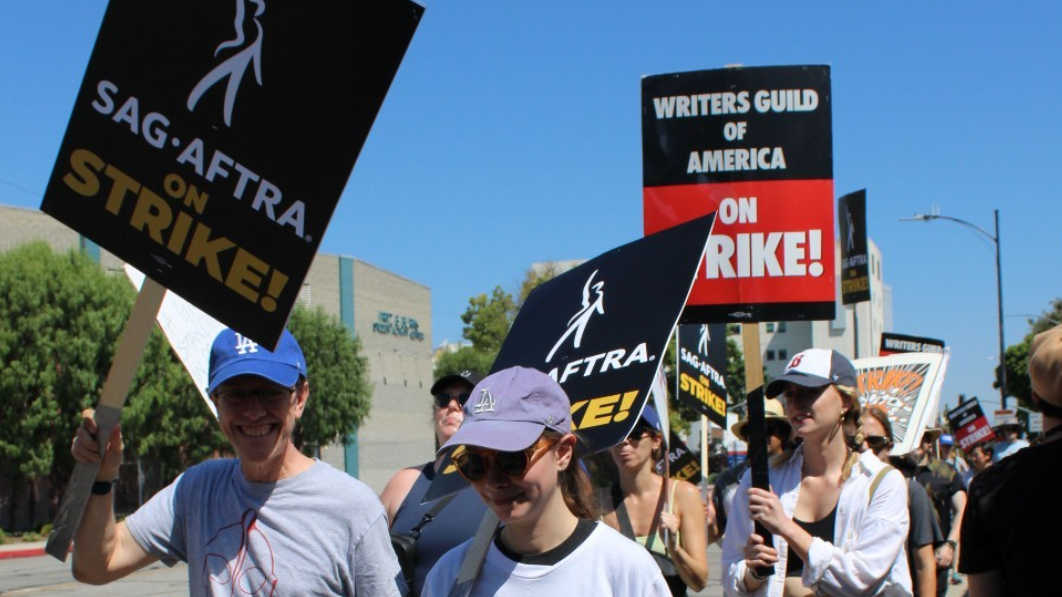
Why Writers Returning to Work May Struggle to Land Jobs
By Movieguide® Contributor
The WGA strike finished last week, but for the 11,000 writers returning to work, it may prove harder to find a job than before they joined the picket lines.
While the contract deal that brought writers back to work constitutes a minimum number of writers for each show, networks will likely reduce the number of shows they produce to save themselves money.
“For shows that have been greenlit with six or fewer episodes, studios are now required to employ at least three writers and three writer-producers. For shows with seven to 12 episodes, the minimum is five writers and three writer-producers. For shows with more than 13 episodes, the minimum increases to six writers and three writer-producers,” TODAY reported.
Industry experts believe that there will not be many new scripts bought heading into the next year, a trend foreshadowed by the market as the strikes began.
“No one is buying. This is the worst marketplace that I have ever experiences,” a veteran studio executive said in April.
“Some places are still hearing pitches, but at this point the expectation going into the room is that they’re probably going to say no unless for some reason it checks off every single box,” an agent added at the time.
Now that the strike is over, the market is responding the same.
“Across the board, what I have heard from buyers is they will be buying less and making less,” one seller said.
“The strike just sped up the inevitable pullback; I suspect everybody will be doing less,” said a major buyer.
This major industry change comes as cable television continues to fall and streaming platforms move toward profitability. Dramas typically cost between $4.5 million to $5 million per episode, while comedy costs about half that.
In recent years, however, streamers have happily paid up to $20 million per episode for their largest shows like LORD OF THE RINGS: THE RINGS OF POWER, STRANGER THINGS and HOUSE OF THE DRAGON. Now, their budgets will be cut to only $5 to $10 million per episode.
Furthermore, more writers will be available than before, as many shows that were already greenlit or renewed have since been canceled, causing fierce competition between writers looking for shows to join.
In general, the only people returning from the strike with jobs are the high-profile talent.
It remains unclear if this highly competitive and limited job market will become the new industry standard or if the market will bounce back as the fallout from the strike is stemmed. However, it is clear that the ball is now in the studios’ court as they determine just how much talent they need in this post-strike world.
Movieguide® previously reported on the end of the WGA strike:
The writers’ strike officially ended on Wednesday as union members returned to work following the ratification of the proposed contract.
The WGA and AMPTP came to an “exceptional” deal on Sunday, addressing the concerns of writers across every sector of the union’s membership. With the negotiation committee’s enthusiastic support, the deal was approved by the WGA West Board and WGA East Council before being sent to the union’s over 11,000 members for ratification.
CNBC reports that the deal will go into effect Jan. 1 and last until May 2024.
Questions or comments? Please write to us here.



 – Content:
– Content: 
